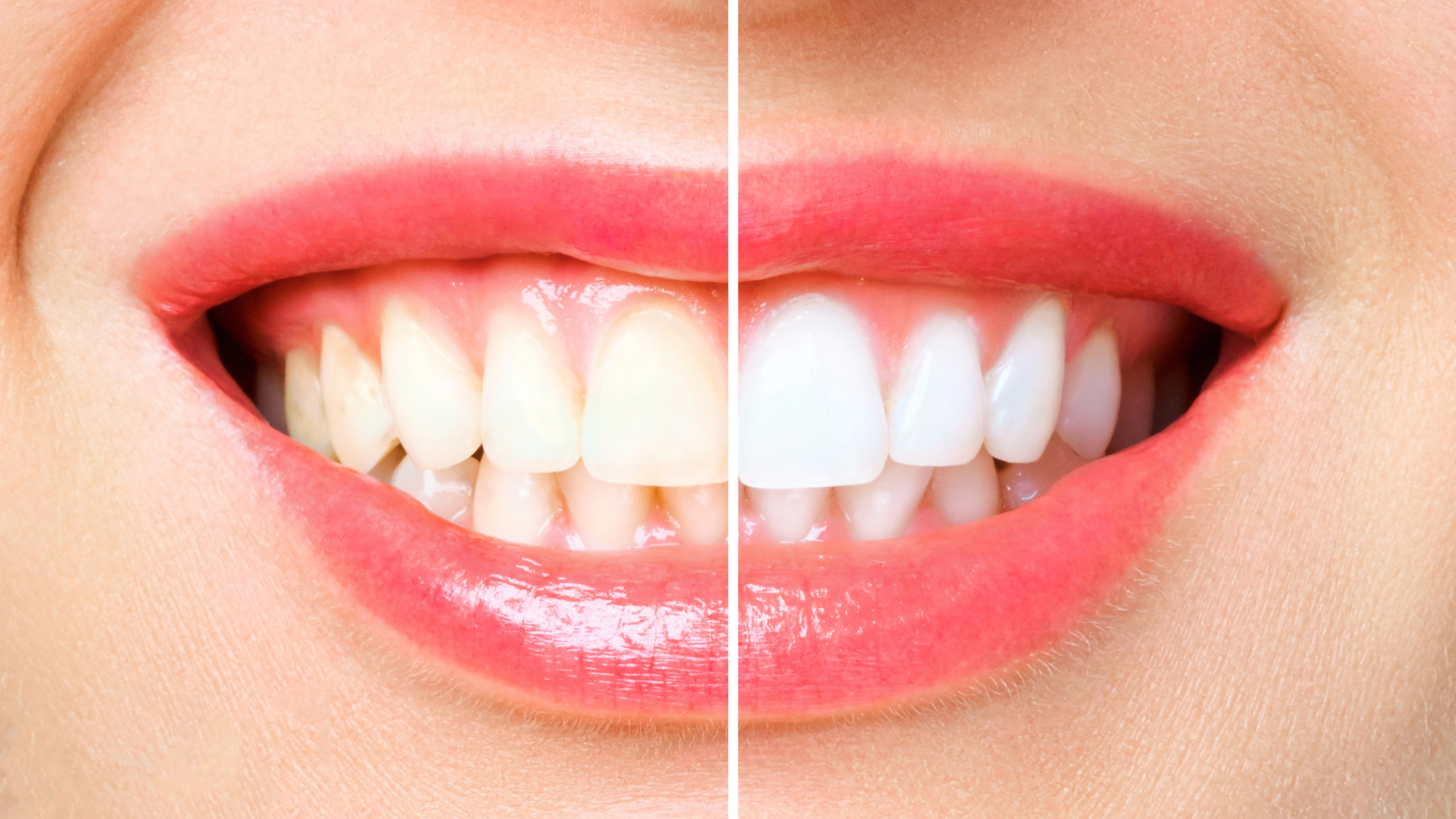Do You Really Need to Floss Every Day?
We get it—flossing can feel like one of those “should do” things that never quite makes it into your daily routine. Maybe your gums bleed a little when you try, or your teeth are crowded and it's frustrating. At Mighty Molar, we’re not here to judge—we’re here to help you understand why flossing matters and how to make it work for real life.
Why Flossing Matters
Brushing your teeth cleans the surfaces of your teeth—great! But it only reaches about 60% of your tooth surfaces. That means food particles, plaque, and bacteria can hang out between your teeth, right where your toothbrush can't reach.
That build-up can lead to:
- Cavities between your teeth
- Inflamed gums (gingivitis)
- Bad breath
- And eventually, gum disease
Flossing helps break up that biofilm so your mouth stays clean, your gums stay healthy, and your breath stays fresher.
What the Science Says
Studies show that flossing reduces gum inflammation and bleeding, especially when combined with brushing. While flossing hasn’t always been linked to dramatic reductions in cavities (especially if done infrequently or incorrectly), daily flossing done well does help reduce the bacteria that cause decay and gum disease.
In short: it's not a magic bullet—but it is a smart part of your toolkit.
What If You Hate Flossing?
You’re not alone! If traditional string floss isn’t your thing, here are a few alternatives that still do the job:
1. Floss Picks
Handheld and easy to use—great for kids, people with dexterity issues, or anyone on the go.
2. Interdental Brushes
Tiny brushes that fit between your teeth. Super effective for people with wider gaps or gum recession.
3. Water Flossers
Devices like Waterpik shoot a stream of water to clean between teeth. They’re gentle, easy to use, and great for people with braces or sensitive gums.
4. Soft Picks or Rubber Tips
Gentler than traditional floss and helpful for massaging the gums while cleaning.
So… Do You Have to Floss Every Day?
Ideally, yes. But perfection isn’t always realistic. Our advice? Do what you can, as often as you can. Even a few times a week is better than never. And if your gums bleed or feel tender at first, that’s often a sign they need more care—not a reason to stop.
The most important thing is to find a method you’ll actually use. And we’re here to help you figure out what that is.
❤️ No Judgment—Just Support
At Mighty Molar, we’re all about meeting you where you’re at. Whether you’re a daily flosser or just starting to think about it, we’ll help you find an oral care routine that works for you.
Want to talk about your gum health or try out some alternative flossing tools? Book a visit or ask us at your next appointment—we’re always happy to help.











